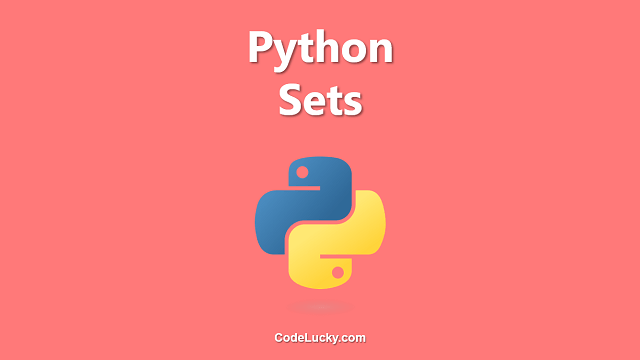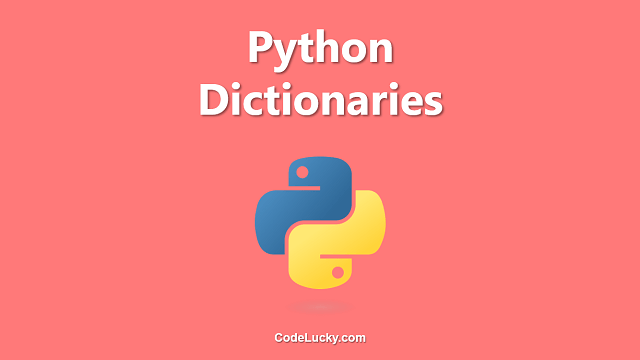The rstrip() method is a built-in method in Python that is used to remove any whitespace or specified characters from the end of a string. This method is useful for cleaning up text data or removing trailing characters that are not needed.
Syntax
The syntax of the rstrip() method is as follows:
string.rstrip(characters)
Here, string is the string that we want to remove the trailing characters from, and characters is an optional parameter that specifies the characters to remove. If no characters are provided, the method removes any whitespace characters from the end of the string.
Return Value
The rstrip() method returns a new string with the trailing characters removed.
Examples
Here are three different examples of how to use the rstrip() method in Python:
Example 1: Removing Trailing Whitespace
The following example demonstrates how to use the rstrip() method to remove any trailing whitespace characters:
string = "This is a sentence. " clean_string = string.rstrip() print(clean_string)
Output:
"This is a sentence."
In this example, we define a string that contains a sentence with extra whitespace characters at the end, and use the rstrip() method to remove them. The resulting string contains only the text characters of the original string.
Example 2: Removing Trailing Specified Characters
The following example demonstrates how to use the rstrip() method to remove specific trailing characters from a string:
string = "This is a sentence***"
clean_string = string.rstrip("*")
print(clean_string)
Output:
"This is a sentence"
In this example, we define a string that contains a sentence with asterisks at the end, and use the rstrip() method to remove them. The resulting string contains only the text characters of the original string.
Example 3: Removing Trailing Characters Only Once
The following example demonstrates how to use the rstrip() method to remove trailing characters only once:
string = "This is a sentence. sentence."
clean_string = string.rstrip("sentence.")
print(clean_string)
Output:
"This is a sentence."
In this example, we define a string that contains a sentence with the word “sentence.” repeated at the end, and use the rstrip() method to remove it only once. The resulting string contains the text characters of the original string up until the first occurrence of the specified trailing characters.
Use Cases
The rstrip() method is commonly used for cleaning up text data or removing trailing characters that are not needed. Some common use cases include:
- Removing whitespace characters from the end of a string
- Removing trailing punctuation or special characters from a string
- Removing trailing whitespace characters from the end of each line in a text file
Overall, the rstrip() method is a useful tool for string manipulation in Python. It allows for easy removal of unwanted characters from the end of a string, whether they are whitespace or specified characters. By understanding the syntax and return value of the method, as well as how to use it with different examples, you can apply it to a variety of text cleaning tasks in your own projects.







